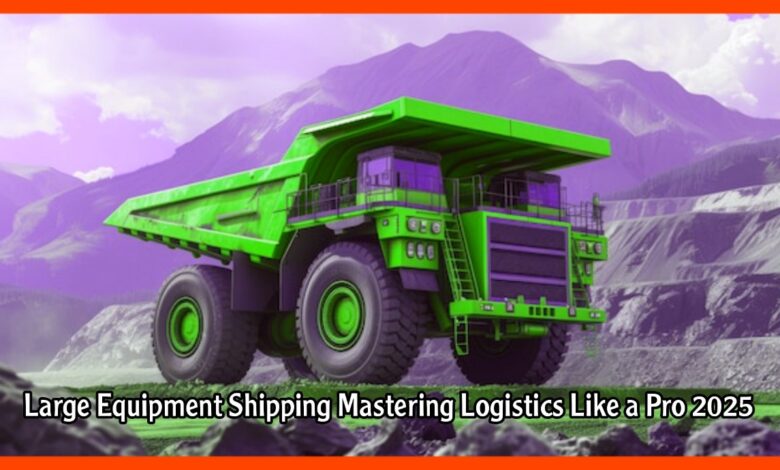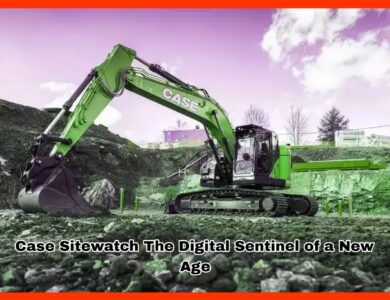Large Equipment Shipping Mastering Logistics Like a Pro 2025
Large Equipment Shipping Mastering Logistics Like a Pro 2025

Large Equipment Shipping Mastering Logistics Like a Pro 2025
Moving Giants The Challenges of Large Equipment Shipping
Shipping a laptop? Easy. Shipping a 300-ton excavator? Now, that’s a challenge! Large equipment shipping is a high-stakes game where logistics, planning, and sheer determination decide the fate of multi-million-dollar machinery.

If you’ve ever wondered how wind turbines, construction machines, or industrial transformers get from point A to point B without causing chaos, this is your guide. Buckle up because we’re about to dive deep!
Understanding Large Equipment Shipping
Large equipment transportation isn’t just about putting stuff on a truck and hoping for the best. It involves:
- Regulatory Compliance: Different countries (and even states) have strict laws regarding oversized cargo.
- Custom Route Planning: Not every bridge or road can handle a 200-ton behemoth.
- Specialized Transport: Think flatbeds, lowboys, and even cargo ships.
- Handling & Loading Expertise: One wrong move, and you’ve got a multi-million-dollar disaster!
Types of Large Equipment That Require Special Shipping
- Construction Machinery – Excavators, bulldozers, cranes, and loaders.
- Agricultural Equipment – Tractors, combines, and harvesters.
- Manufacturing Machinery – Industrial presses, CNC machines, and turbines.
- Military Equipment – Tanks, armored vehicles, and missile launchers.
- Energy Sector Machines – Wind turbines, transformers, and oil rigs.
Each type requires unique shipping strategies depending on size, weight, and fragility.
The Shipping Process: Step-by-Step
1-Assessing the Load
- Dimensions and weight measurements
- Special handling requirements
2-Choosing the Right Transport Mode
- Road Transport: For local and regional hauls, flatbeds and multi-axle trailers are key.
- Rail Freight: Useful for long-distance, heavy cargo movement.
- Ocean Freight: For international shipping, specialized cargo ships are used.
- Air Freight: Only for extremely urgent or lightweight large equipment (think helicopter transport).
3-Route & Permit Planning
- Checking road restrictions, overpasses, and weak bridges.
- Obtaining necessary permits for oversized loads.
4-Secure Loading & Transport
- Using cranes, hoists, and custom straps.
- Ensuring proper balance to avoid shifting during transit.
5-Delivery & Offloading
- Coordinating specialized unloading equipment.
- Inspecting cargo for any damage.
Pro Tips for Hassle-Free Large Equipment Shipping
Work with Experts – Logistics professionals ensure smooth operations. Get Proper Insurance – Accidents happen; be prepared. Plan Ahead – Last-minute arrangements lead to skyrocketing costs. Use Technology – GPS tracking and real-time updates keep you informed.
“Shipping large equipment is not just transportation; it’s an engineering marvel in motion.” – Logistics Expert



